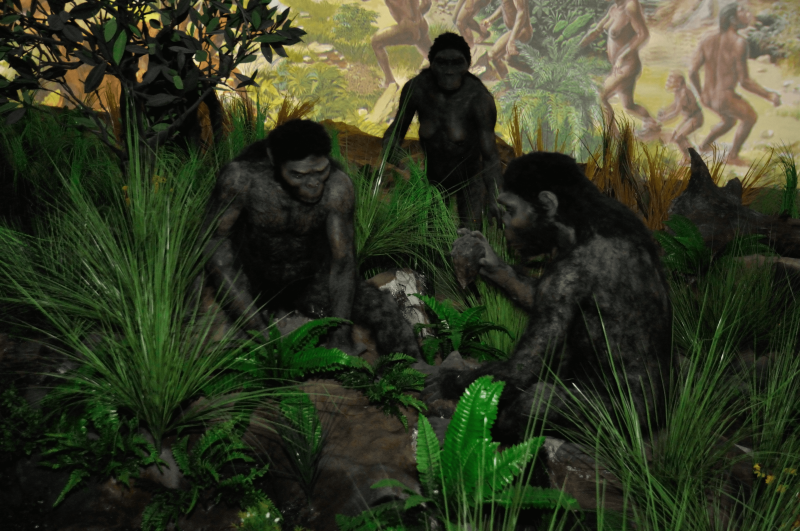Almost 99% of all human ancestors may have been wiped out around 930,000 years ago, a new paper has claimed.
The new research, published in the journal Science, used DNA from living people to suggest that humans went through a bottleneck, an event where populations shrink drastically. The paper estimates that as few as 1,300 humans were left for a period of around 120,000 years.
While the exact causes aren’t certain, the near-extinction has been blamed on Africa’s climate getting much colder and drier.
Evolution is full of bottlenecks, and the history of humanity is no different. Disease, natural disasters and climate change can all drive species to the edge of extinction, forcing them to adapt or die.
Not all bottlenecks are as violent, however, and perhaps the most notable bottleneck in human history is an example of this. When our species, Homo sapiens, left Africa, only a small group of the entire population went on this migration.
At a genetic level, this means that only a fraction of the Homo sapiens gene pool was brought along for the journey. When examining the DNA of living people, the signature of this bottleneck can be seen in the genetics of people with non-African heritage.































